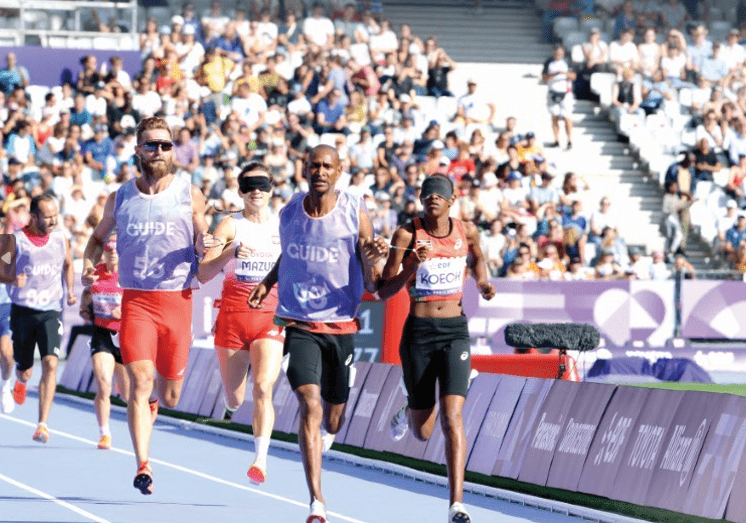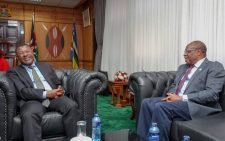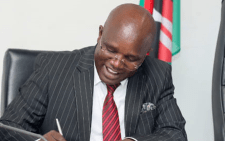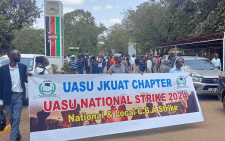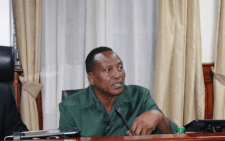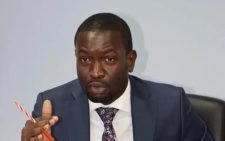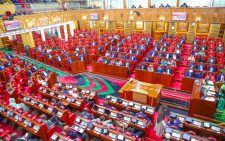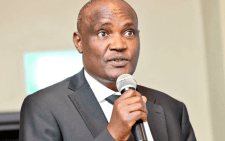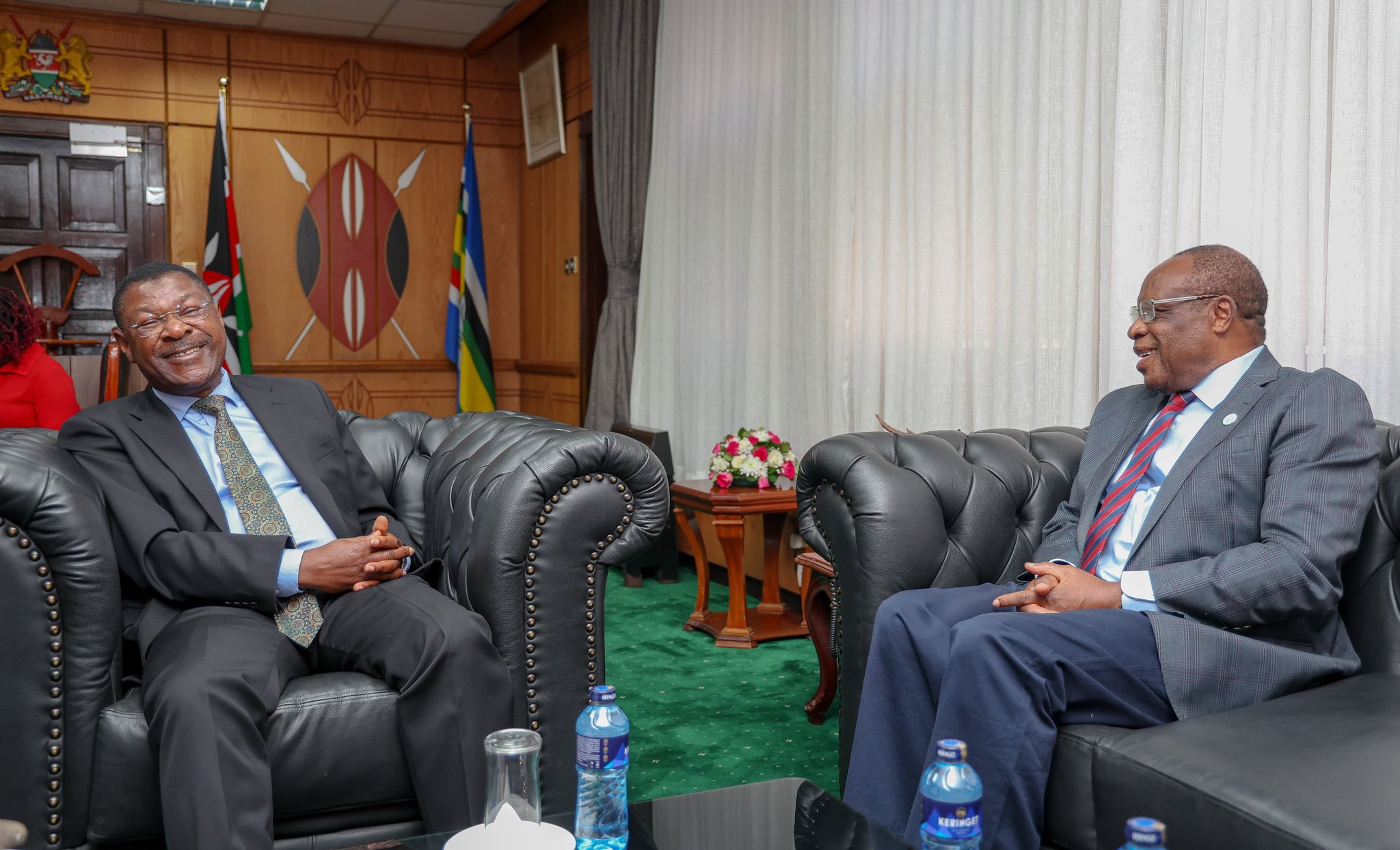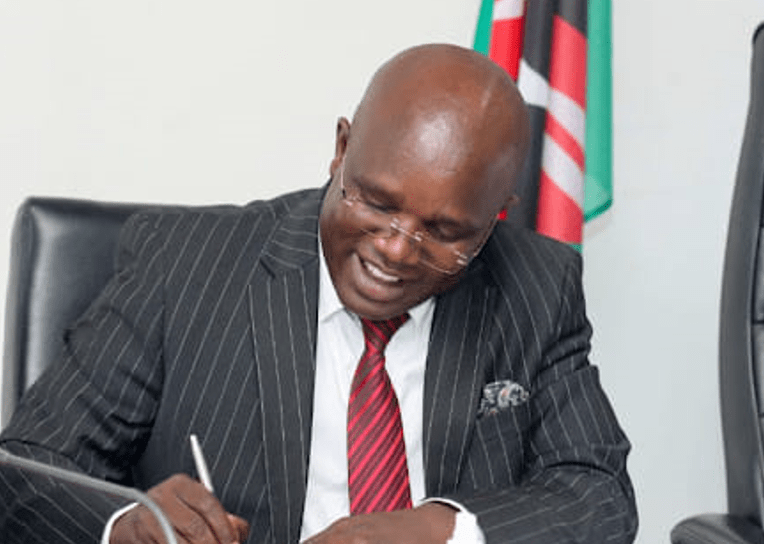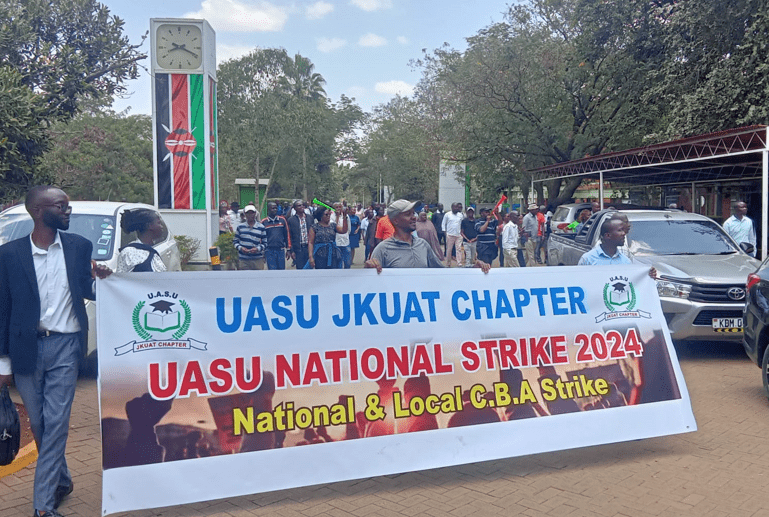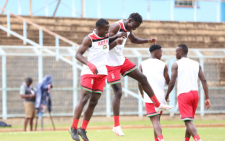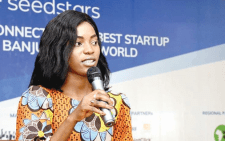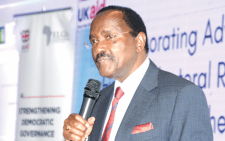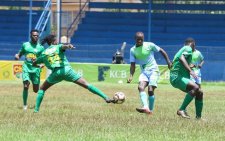Kenya National Paralympic Committee (KNPC) and the government have promised significant changes that will ultimately yield the desired results by the 2028 Los Angeles Paralympic Games and other major para-sports competitions.
KNPC secretary-general Stanley Mutuma and the head of Team Kenya for the Paris Paralympic Games, Evans Achoki, stated that preparations for the 2028 LA Games and the 2026 Commonwealth Games should commence in earnest.
Kenya finished 74th in the medal standings, behind eight other African countries at the Paris Games, which concluded on Sunday night with a colourful closing ceremony at the Stade de France.
Algeria led the African nations, finishing 25th with 11 medals—six gold and five bronze.
For the first time since the 1988 Seoul Games, Kenya failed to win a gold medal in two consecutive editions.
KNPC had set a target of at least four medals but fell short, securing only one silver medal through Samson Ojuka in the men’s long jump T37.
Kenya had previously earned only a bronze medal at the 2021 Tokyo Games.
Mutuma noted that although the team registered mixed results, they had more athletes and participated in more disciplines compared to previous Games.
“We had expected at least four medals from athletics, but we fell short since our rivals have raised their standards. Other countries appeared to have much better preparations,” noted Mutuma.
He added that the most positive outcome was that Team Kenya successfully participated in the Games without any major issues.
“The organization of the Games was flawless, with no significant incidents except for the accident during the pre-Games camp in Compiegne, which is quite normal,” he stated, adding that all participants received their local and overseas allowances on time.
Mutuma highlighted that Kenya’s participation in five disciplines—taekwondo and cycling included—was a notable achievement. He expressed their ambition to double their efforts to have over 30 athletes at the 2028 Los Angeles Games, compared to the 14 athletes who competed in Paris.
Moreover, Mutuma revealed that they have a strategic plan for the 2028 Los Angeles Games and beyond, which will involve sports federations, institutions for the disabled, and corporate sponsors.
He emphasized that partnerships with countries like China and various European nations will be pursued to help Kenya grow in para-sports.
“We shall have to engage federations such as Athletics Kenya, cycling, and powerlifting to incorporate us into their competition calendars and talent searches, so we can grow our numbers,” stated Mutuma.
He added that they will also focus on coaching and refereeing in these programs.
Mutuma noted that funding will be essential for the success of their programs, underscoring the need for a proper marketing and media strategy to attract corporate sponsors.
“We are grateful to Safaricom and East African Breweries Limited for their support during the Paris Games.”
Regarding training, he divulged that Kenya must embrace science and technology to keep up with global advancements in sports preparation.
Achoki affirmed that the government will give para sports special attention in terms of providing facilities, training, coaching, and funding, as well as focusing on talent search and development.
“We cheered on our athletes at all the venues, and they did their best, with many achieving personal bests. It was evident that our opponents had raised their game, and we have learned valuable lessons,” said Achoki. He further noted that the government will be intentional in funding para-sports to boost performance.
“We will sit down with KNPC to deliberate on the way forward, as we believe para sports require more attention,” explained Achoki, adding that other teams have incorporated science into their preparations—something Kenya must adopt.
Team Kenya physiotherapist Altaf Mapara remarked that a science-based approach was effective, especially for Ojuka and Hellen Wawira, who managed a personal best of 101 kg in powerlifting.
“We have the talent, but more is needed. Athletes require good nutrition, gym sessions, and psychological support to improve their performance,” said Mapara.

